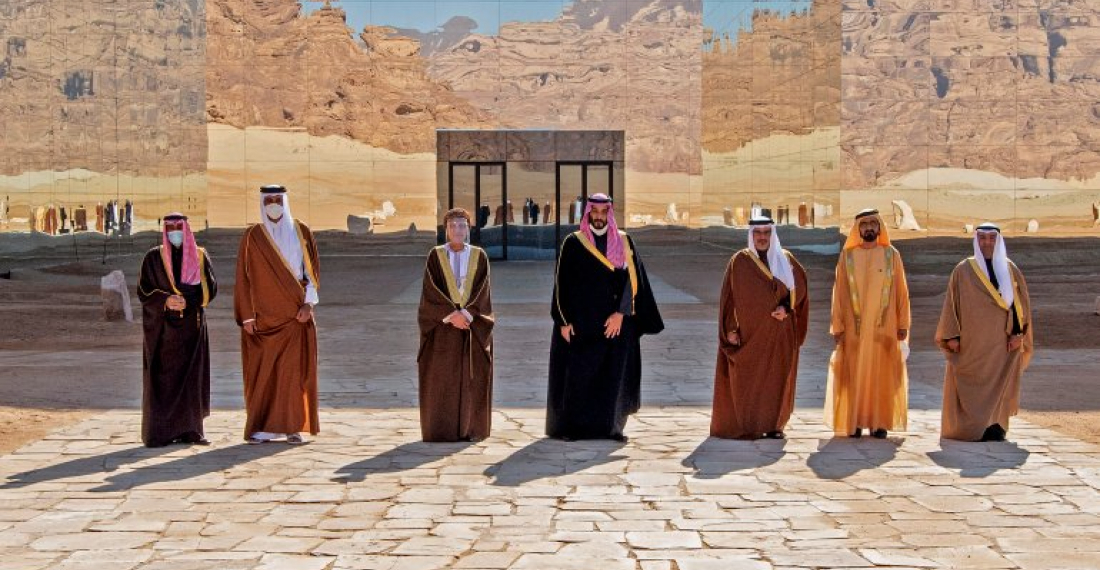UAE Minister of State for Foreign Affairs, Dr Anwar Gargash, said on Thursday that “practical measures” could be introduced to restore travel and trade links with Qatar within a week. On Saturday, 9th of January all ports of entry will open between Qatar and UAE.
He said “we expect to move very quickly on other issues”, including the reopening of embassies and consulates.
“The UAE is behind this deal, positive about re-establishing relations with Qatar within the GCC context. We want to do this faster rather than slower," Dr Gargash said.
Dr Gargash described the declaration signed during the 41st GCC summit in Al Ula, Saudi Arabia, a strategic document.
Speaking of the long-term success of the GCC as an international political and trading bloc, Dr Gargash was hopeful it would return to playing a strong role on the world stage.
"The GCC has been one of the most successful Arab regional groupings. So I expect on the diplomatic front it will go back to its vitality," he said.
"On the security and political front, there will be a variance of views, which has been the history of the GCC since 1981. I expect that on the common market front, on the investment front, there will be full winds blowing into that sail."
He said that despite some differences in approach, “there is an overall agreement on issues of security and stability”.
Dr Gargash said Gulf countries appreciated the role of the US in helping to resolve the situation. US president-elect Joe Biden and his team were not involved in talks, but Dr Gargash said: “a lot of the foreign policy team of the Biden administration know the region very well, we know their views”.
Source: commonspace.eu with The National (Abu Dhabi).
Photo: Leaders of the GCC countries in front of the Hall of Mirrors in Al Ula.







